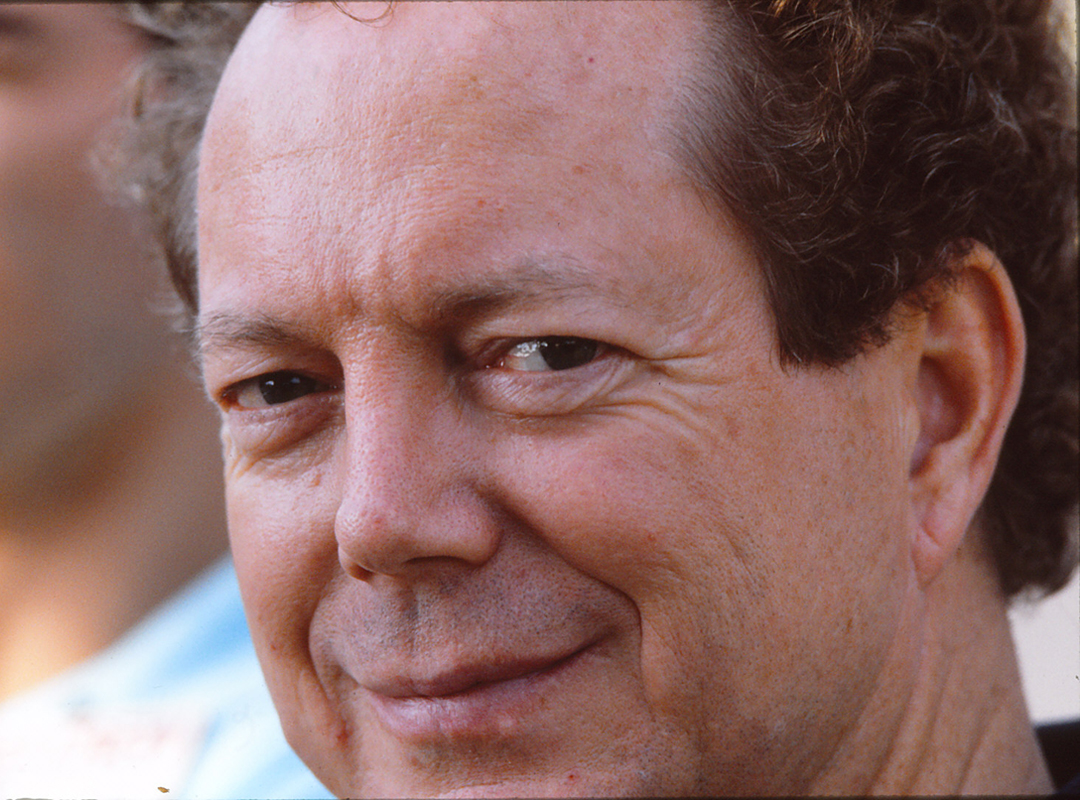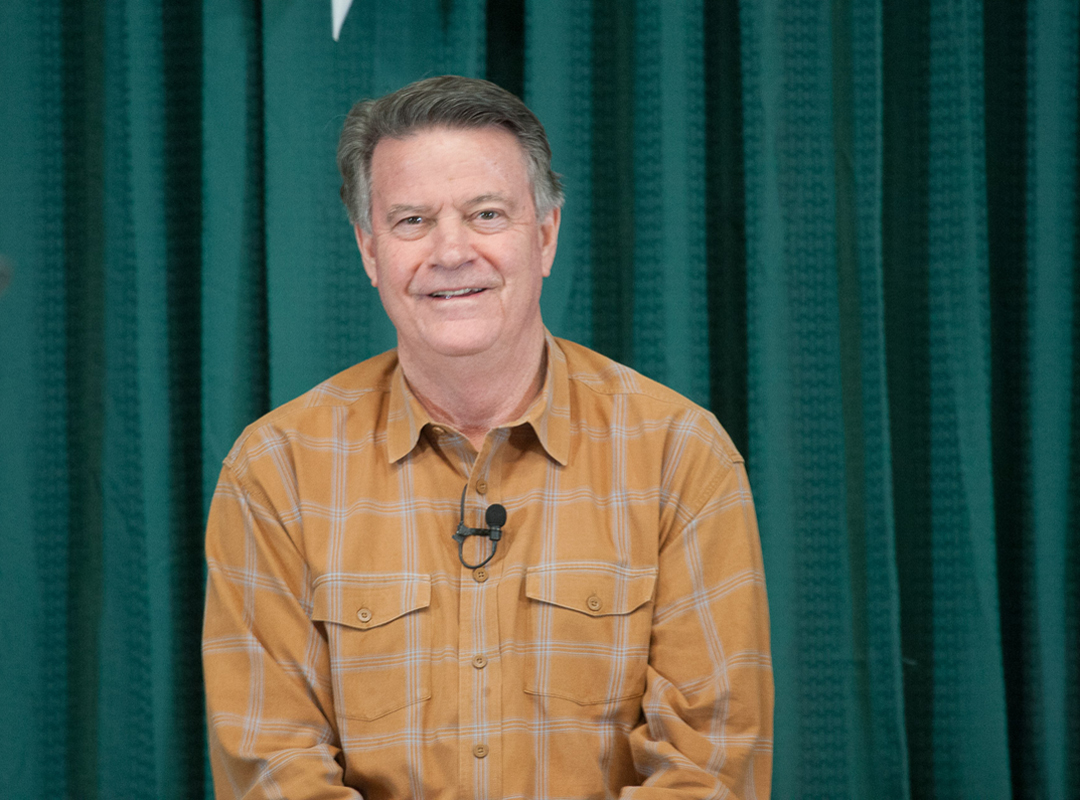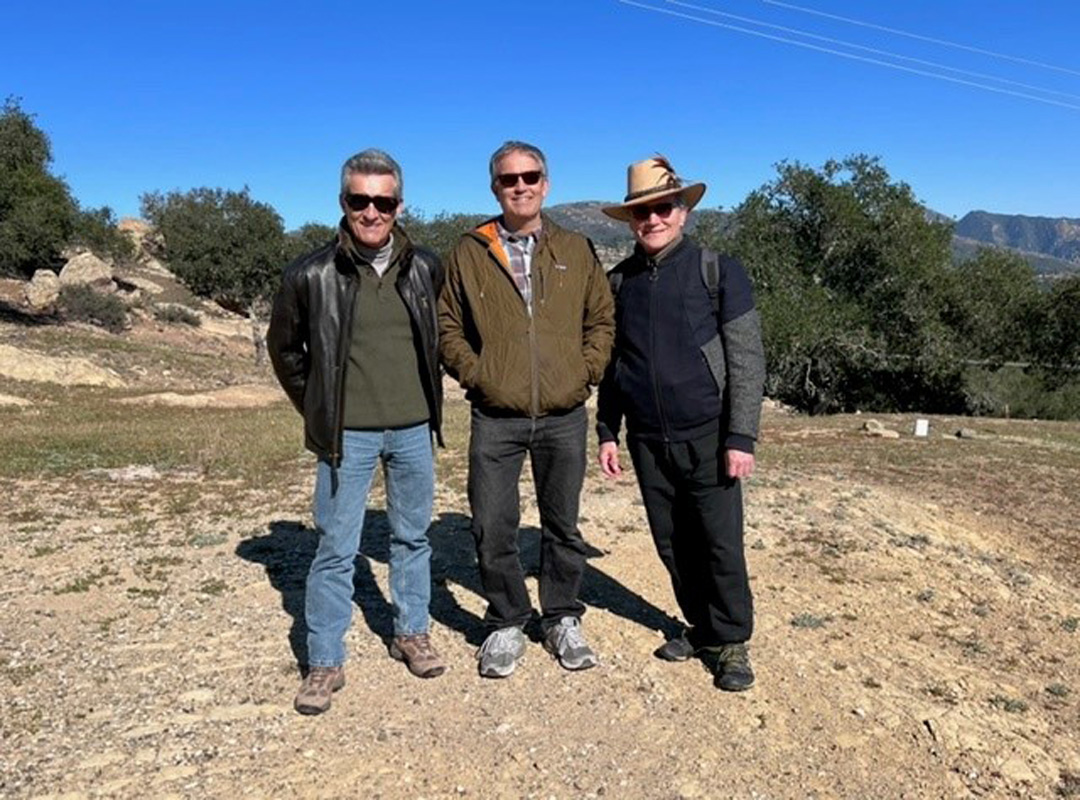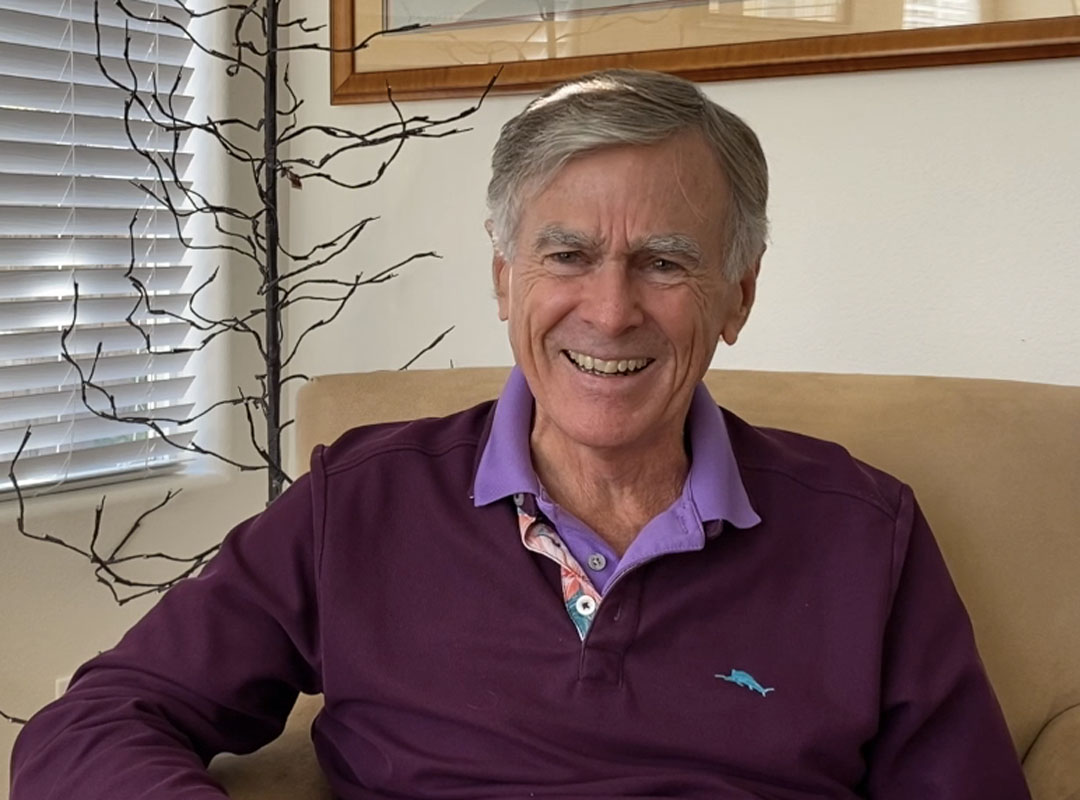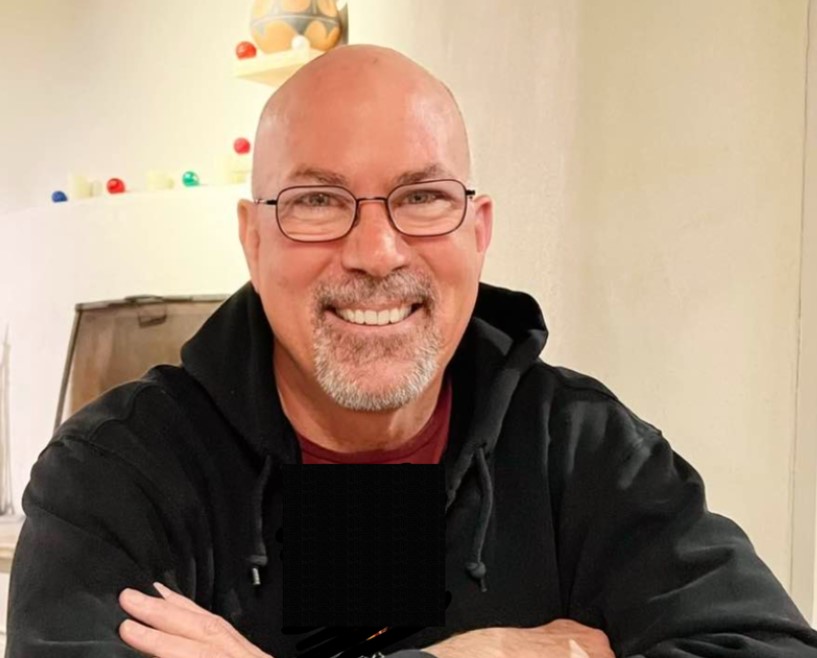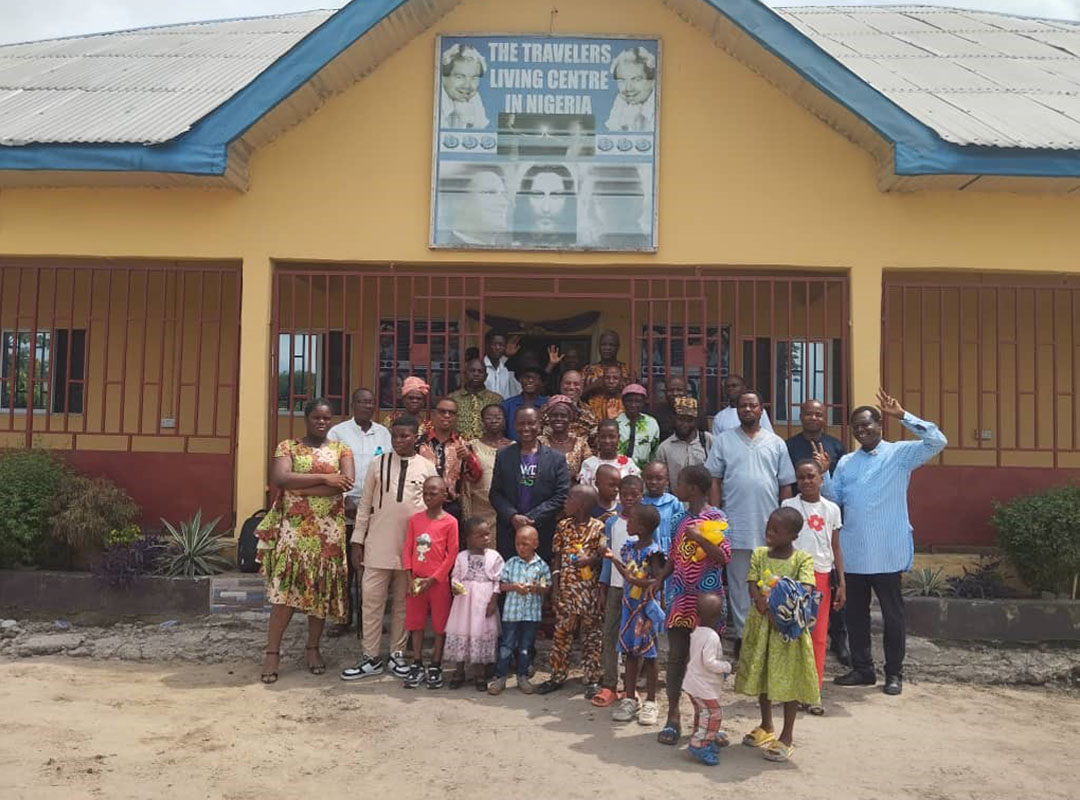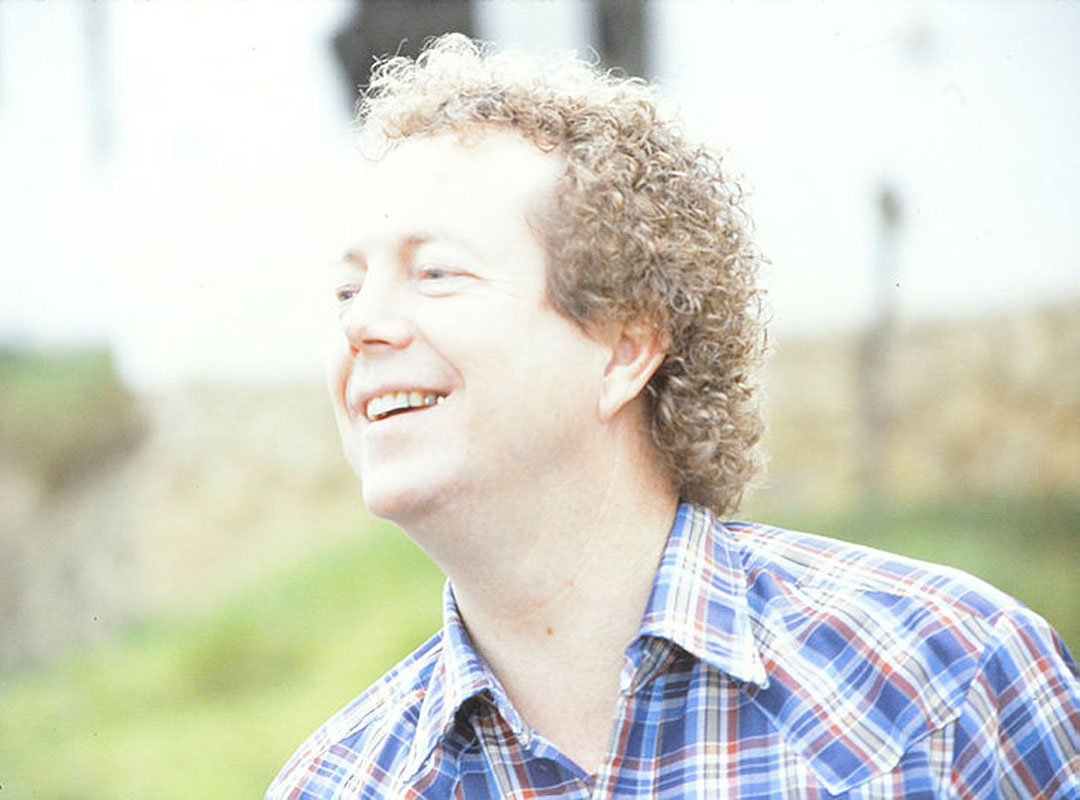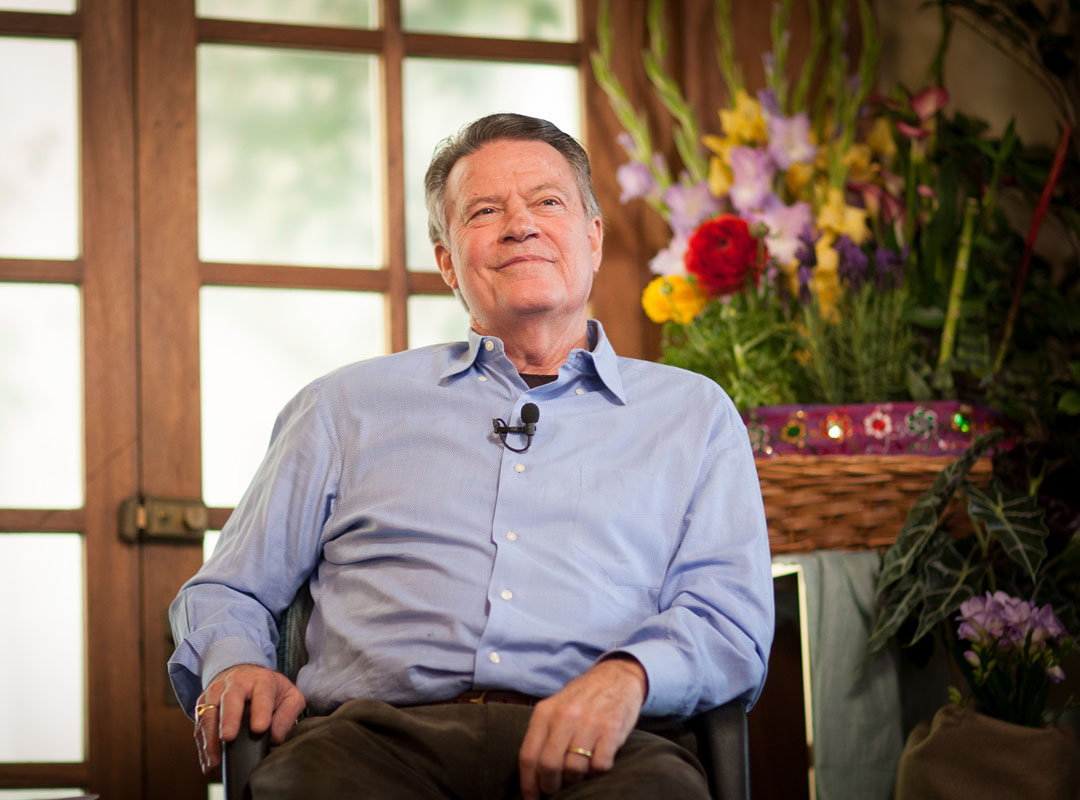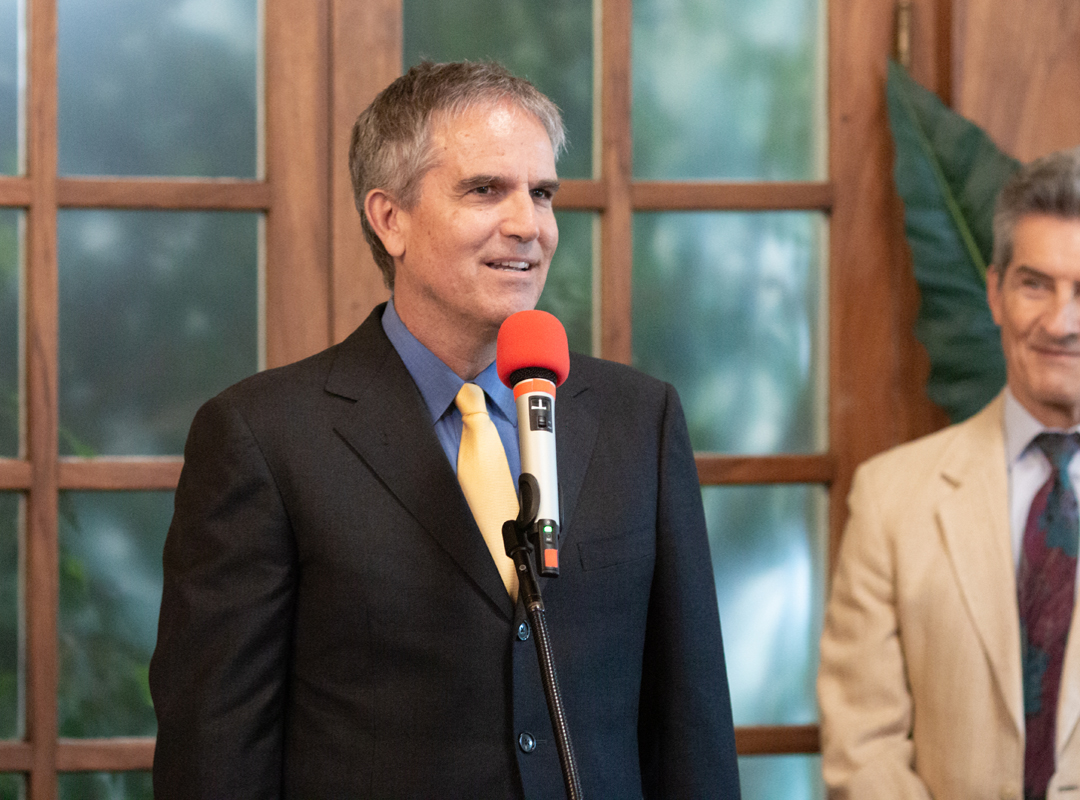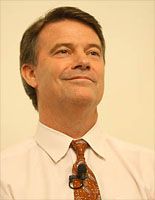 The PTS Doctor of Spiritual Science (DSS) program is essentially designed to get you on very friendly terms with yourself. You get to sit down and meet yourself, face-to-face. If you encounter yourself in a way you interpret as difficult, that’s your choice, but it’s not set up to be difficult. It’s set up so you can be conscious in all ways and on all levels of yourself. So, a whole lot is going on to release you from limitations: references that don’t work for you, things that you’ve created that no longer serve you and that assist you to realize, “Oh, I don’t have to do that. I can let that go. That’s clear. Next.”
The PTS Doctor of Spiritual Science (DSS) program is essentially designed to get you on very friendly terms with yourself. You get to sit down and meet yourself, face-to-face. If you encounter yourself in a way you interpret as difficult, that’s your choice, but it’s not set up to be difficult. It’s set up so you can be conscious in all ways and on all levels of yourself. So, a whole lot is going on to release you from limitations: references that don’t work for you, things that you’ve created that no longer serve you and that assist you to realize, “Oh, I don’t have to do that. I can let that go. That’s clear. Next.”
As you do this, you might have a reluctance to trust yourself. Let’s just say that you have a record inside you, like a history that you’re aware of or looking at, and the message is, “I’ve done things to mislead myself, get myself into trouble, and cause myself pain and disturbance.” This is part of the human story, and it’s very common. Of course, there are individual variations, but if you look at the essentials, everybody is doing some version of that, so the same principles about trusting yourself apply, regardless of who you are.
When I encourage you to trust yourself, I am being specific and mean to trust your true self. I’m not talking about trusting your false self or your illusions. Maybe part of your history tells you, “That’s what got me in trouble. I was doing something false. I was following something that really wasn’t so, something that I was making up or believing or pretending, and doing that really got me in trouble.” That may be so, but that has nothing to do with trusting yourself. That’s giving your trust away to something that doesn’t deserve your trust, so when you gave it away where it didn’t belong, you got to have an experience of that. That’s good. It basically told you, “Don’t place your trust where it doesn’t belong. And, by the way, that hurt.” That’s a reminder, an angel at the gate to remind you not to do that again.
So in terms of what the trust is, let’s just say that at some point you realize that what the Traveler is doing with you, what MSIA is doing with you, what PTS is doing with you, what the DSS is doing with you as a direction, as a guidance, as an invitation—that works.
Does that mean you no longer have a responsibility to check it out for yourself? No, you have to keep your eyes open, and you have a responsibility not to believe, so that you come into it honestly. And what I like about this approach is that it’s kind of an open book, an open case, so it lets you check it out. It’s designed for you to determine from your direct experience.
And at some point, you can apply what is called the law of assumption, which means that out of what you consider to be your natural knowing, you’re making a leap of faith. Some people might say, “You’re going off on a limb, and you have no business going there.” If it’s based on an assumption that has no connection inside of you, then I’d say this is correct. So if it doesn’t come out of your experience, if you’re just trying to make it out of something that is coming through the ethers, or if you’re comparing yourself to somebody and you’re borrowing their experience for your own—no, that’s probably not your natural knowing.
But you can determine that your innate knowing, your natural knowing, has revealed it to you and that this experience can transcend what you realized emotionally or mentally. In this case, if you looked, you’d say, “That’s not really coming out of my mind. I don’t really remember that or recall that. It’s not something that I just have a feeling about. It’s a knowing. It’s a truth that is revealing itself to me, and in the revealing I’m having the experience of it.” That works, that’s connected.
Maybe you don’t remember doing this or having this in your personal level. That’s okay, because it didn’t occur there. It occurred in, and is occurring in, your Soul level. So you have that experience and pull that forward as a faith and a trust, and you put aside the mind’s saying, “I don’t know what you’re talking about. Where’d you get that information?” The mind can question and go into doubt, and then the feelings can back it up: “I’m worried. I’m afraid.”
Where is that coming from? You might say, “Well, I have an experience of misleading myself and going off into trouble-making.” Yes, but that’s when you were going off, following false ideas, when you didn’t really know you were doing this, but you decided to believe it or you let yourself be convinced. That’s different. That’s where you find out whether your discernment is working.
Do you have the faith? Do you have the trust? And the trust and faith are inside of you. Some people have a hard time even looking because their reality is, “I can’t be trusted, and I don’t want to entertain what I might think it is. I need to go out and find the truth from somebody else. I trust them more than I trust myself.” That’s very difficult, and in some way you need to renew your trust in yourself.
That trust is very precious; it’s your integrity. So once you’ve got it, it’s very wise not to give it away again in some false way and not to delude yourself, or mislead yourself, or deceive yourself. Doing that is kind of lethal and very corrupting, so once you come back in and find your truth, it’s of utmost preciousness, and it’s important that you take care of it and don’t give it away in some way that is irresponsible, such as letting somebody else supply your principles for you.
This can sound strange, and you may say, “Wait a minute. You’re saying I need to find the truth for myself, but then you’re a teacher or you’re a guide.” Yes, but listen carefully to the teaching and the guidance. It’s showing you something that you can look at and then see for yourself. That’s permitted because you can look, you can see, and then you can have your own experience.
You may then say, “No, I don’t see that.” If you don’t see it, then you have a responsibility not to go with that, a responsibility to check it out. I trust this process, so if you say, “I’m not ready for that,” I say, “Okay,” or “Would you like to do what it takes to find out so that you really do have your own answer?”
If you say, “No, I don’t want to bother,” that’s okay. There’s no principle here that says we have to sell this to you or we lose our place with God. That’s not my position.
What I love is, we are working with what we call the whole or the Holy Spirit, and it does the conversion. It is the one that transmits the revelation for you. It reveals. And if it doesn’t reveal to you, then I’m entirely content with that. It’s not that I did a lousy job of revealing, of showing, of reflecting. Maybe that’s so, but I did the best I knew how. And it’s not my place to bring the truth outwardly to you. It’s your place to look at it inside, for yourself.
You in the DSS class may see that you have an opportunity to reconnect and strengthen your self-trust. I don’t see that you are missing it or are really way off. You’re here. You’re going at your own pace. You’re making progress. You’re participating in the program that’s at the pinnacle of our teachings. What does that mean? It means that we don’t know how to present this teaching at a higher level than this, so this is as good as we know how to do it.
Doing that takes a lot of your effort. Maybe for some people it’s a breeze, real easy, no effort required. I haven’t seen it that way, but I’m willing to leave the possibility out there, that there’s somebody like that. And even if you say you just kind of walk into DSS and walk out, I’d wonder where you got that pass, and I’d also say you got it through the Spirit.
When I come to share at the DSS class, I just go in on the Spirit, the place that’s been prepared, where I’ve been invited to go. And I walk out on that same place. You could look at that and say, “I get to stay the whole weekend. You have to go after a couple of hours. You can’t handle it.” I’d encourage you just to go on the experience that’s brought to you. You might consider being glad if it’s on kindergarten-level terms because I personally still like graham crackers and milk. That’s how I came in.
Baruch Bashan.







